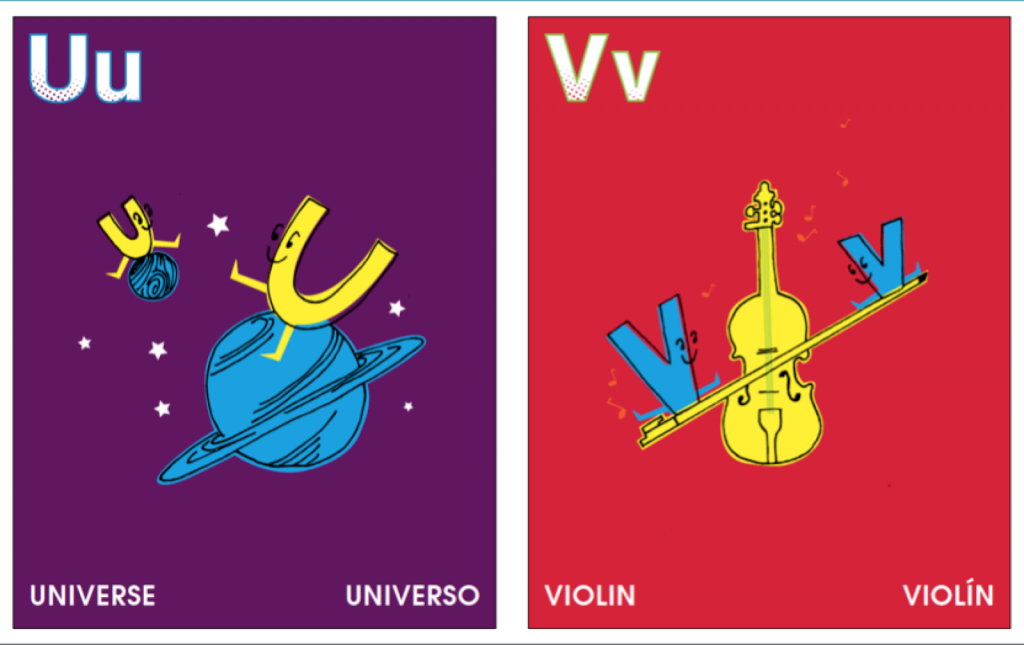 Fun with Abcs: A Bilingual Book for Vocabulary Development
Fun with Abcs: A Bilingual Book for Vocabulary Development
Dual language programs instruct both monolingual and bilingual children in an immersive two-language classroom setting. Oftentimes, children in dual language programs have monolingual parents. Said parents sometimes feel that they are unable to assist their children with homework or other school-related issues. However, we’re here to share that monolingual parents can be a great source of wisdom and assistance to their children in dual language programs. Read on to learn how monolingual parents can help their dual language children achieve academic success and more.
Parental Involvement
The truth is parental involvement is a necessity – even in dual language programs. It is important that teachers and parents work together to ensure that their students and children are learning both languages simultaneously. Teachers typically speak to children in both languages while in the school setting, and, at home, parents can continue to speak with their children in their home language, so that they don’t lose those language skills. Additionally, parents can learn English or whatever their children’s second language may be, so that they too can learn something new and grow alongside their kids.
Read Bilingual Books
Parents can help their children in dual language programs by reading bilingual books to and with them. Readings is the best way to help children develop language skills. Additionally, when monolingual parents read bilingual books to and with their children, they are also learning their children’s second language, while reading in their own language. Lectura Books offers an assortment of bilingual books in English and Spanish for children of all ages. The books are excellent, especially for children of Hispanic decent, as they can relate to the stories and concepts in the books.
Communication is Key
Another way that monolingual parents can be helpful, when their children are enrolled in dual language programs, is to communicate with their children’s teacher. It is important for parents to check-in with teachers to learn more about how their children are performing in the classroom and learning both languages. Parents can use the feedback from teachers to better inform themselves, so that they can help their children with homework and other academic skills.
Learning Opportunities
Parents of children in dual language programs can benefit from workshops and webinars from organizations such as The Latino Literacy Project. These learning opportunities inform parents about what they can do to help their children do well in dual language programs. Additionally, parents can learn what they can do to help themselves become a better source of knowledge for their children.
